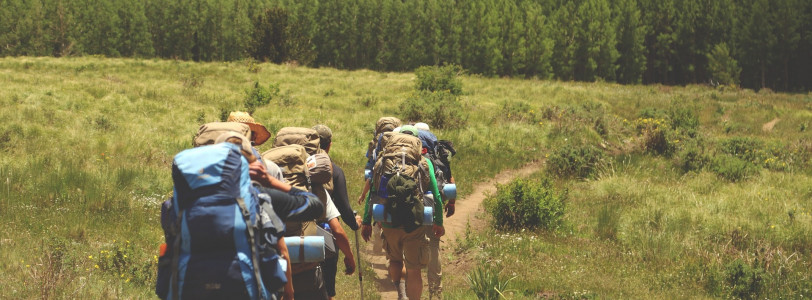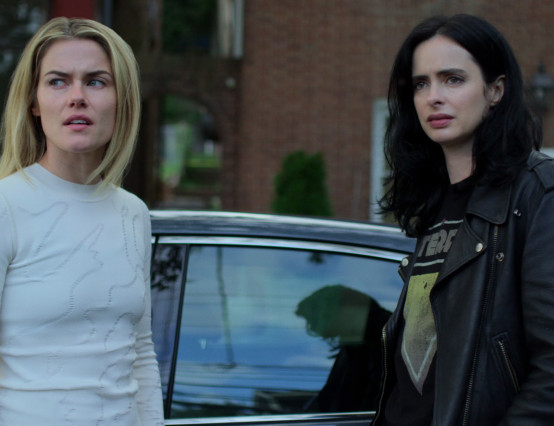The fumes and smog from cars and vehicles subsided if only for a second. The air began to clear and the quality of breathable oxygen increased. Littering of the countryside suddenly ceased. The oceans began to cleanse themselves, and nature began to recover. As humanity decided that staying indoors was best for our health, nature seized the opportunity presented in our absence to start fixing itself. We started to learn that global warming and the slow death of our planet can actually be corrected. We just need to commit and decide collectively to allow nature to win, to give it time to mend and to stop polluting our planet. What a few had been campaigning for for years was now easily implemented within a few short weeks – a huge win.
Fast forward a few weeks and we began to ease out of lockdown. We returned to work, meaning the roads became full of traffic and the inevitable fumes. We returned to fast food and restaurants, and with that came littering. Most significantly, the big businesses and huge companies returned to their factories and their pre-Covid ways, once more causing significant impact to the environment. Individually we can decide to change, but we need collective input from the largest global corporations to begin to make effective change. We had done a complete 360°, pivoting from allowing the environment to heal to damaging it once again.
Suddenly the positive environmental impact that Covid created was undone, and it was back to square one for the environmentalists. Worst still, we arguably did more damage to the environment before the pandemic. As a species, we had become restless. Being confined to bricks and mortar made us all want to rush out and experience the nature we’d neglected and ignored previously. We no longer wanted to be enclosed, or within urban environments; we wanted to be free, to explore, to run wild in nature.
The minute the lockdown started to be lifted, nature and the countryside became completely overrun. We were inundated with news reports highlighting beaches swarming with crowds, the countryside packed with people, and local villages closing their boundaries to outside visitors. Most of these reports focussed on the fact that the social distancing – required by law – was being disobeyed. Those nature-seekers were endangering both other visitors but also the residents of these small villages. But beyond the human aspect, it also had a damaging effect on the very nature itself. We transitioned from idyllic healing to abhorrent mess in an instant. We gave nature space to recover and then almost overnight burdened it with horrors worse than before Covid.
There’s a direct correlation between our ‘love’ for the countryside and the damage we do to it. If 2020 has brought us anything positive it is that society no longer takes nature for granted. The biggest trend to emerge from this lockdown is a love for nature, a desire to be in non-man-made spaces and a new appreciation for the natural world. From more people gardening than ever before to people taking regular nature walks every day. It’s given us a chance to really value what is important, and nature has become one of the highest ranking idylls among us. But it appears that there is a lack of awareness amongst many of us of how to love and enjoy nature without permanently destroying it.
Beyond this, Covid-19 has brought about more damaging environmental challenges. Since the start of the pandemic, single-use items have been actively encouraged, and reusable products are being sidelined or actively discouraged by many organisations. Reusable coffee cups are suddenly scrapped in favour of single-use germ-free cups. There is an increase in use of plastic packaging and bags. Plastic gloves have become commonly used but equally damaging. Whilst all this is in the interest of our human health, animals, nature and the planet are once against getting caught in the crosshairs, and are treated like acceptable casualties.
The pandemic has exacerbated the huge waste problem that existed before. We’re now being left with hundreds of thousands of disposable face masks. These have been made a legal requirement for many places: public transport, shopping etc. What happens when we no longer need these masks? Already, even whilst it is still necessary for us to all wear masks we have an insurmountable problem with masks sent to landfill. We do not have the means to dispose of so many masks and have added to our ongoing waste problem by significant proportions.
Whereas once it seemed the pandemic could save nature, now it seems to be its doom. By creating a new love and devotion to nature for many who may not have accessed it before, it has contributed to rising pollution and endangering wildlife. Whereas the pandemic once seemed to let nature reclaim the spaces and help animals nest in peace, it now seems to have caused further stress to these creatures. We need to collectively act now to create change, before it's too late and it's the large corporations who need to act the most to have any effective impact on our new normal.









0 Comments